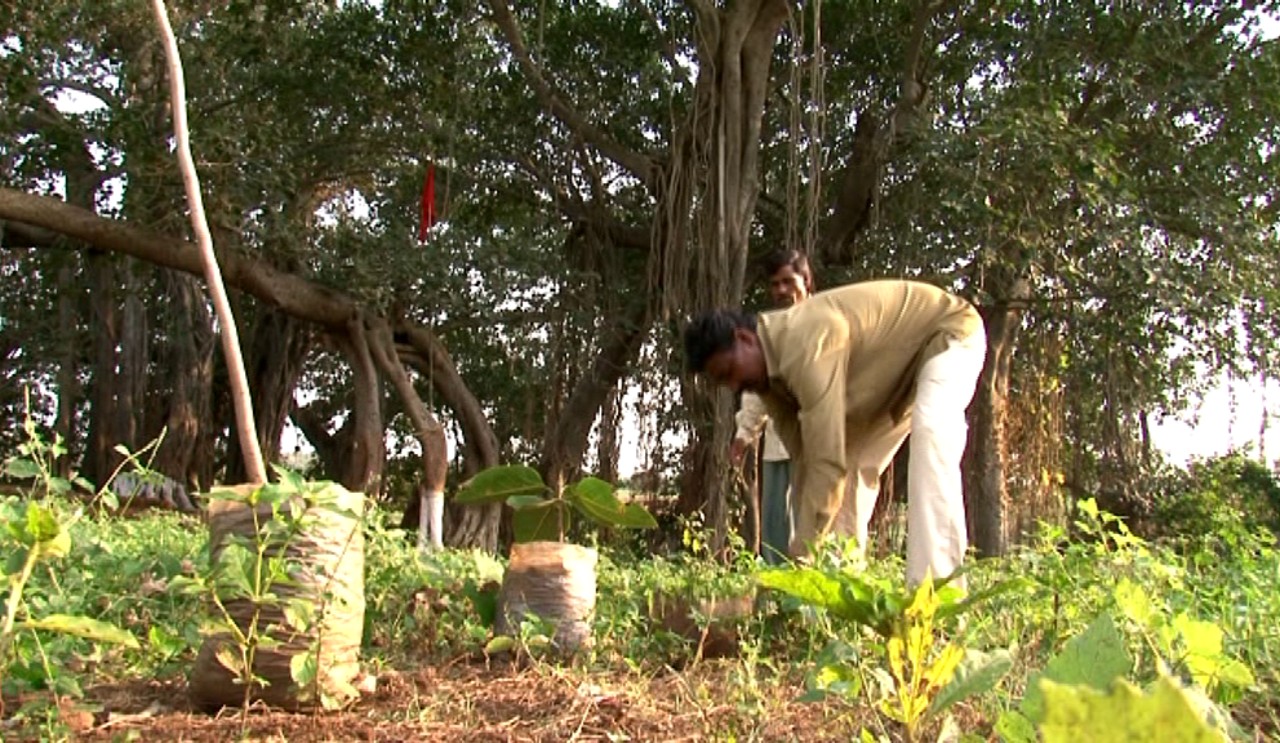Joint Forest Management (JFM)
AKRSP(I) found that the tribal communities were effective in raising and protecting their own forests. Many NGOs in the country and the forest department in Haryana and West Bengal were already adopting the community managed forest approach. The knowledge of self-initiated forest protection groups all over the country reinforced the concept. However, all these initiatives had no legal support from the Forest Department. The concept of JFM was mooted by AKRSP(I), SPWD and other stakeholders and the Government of India passed the JFM Government Resolution (GR) in 1990, which encouraged a partnership between communities, Forest Department and a facilitating NGO. The national JFM GR was used as a template for many other states to have JFM resolutions - and for a decade, there was progress, though erratic. The Ford Foundation and SPWD played a pioneering role in supporting country-wide initiatives. Support by the Forest Department declined over time, communities lost faith as the harvesting and usufructuary rights took ages for approval. Though the Forest Rights Act (FRA) was brought in recently to address the inequity in JFM, its limited success shows that unless the Forest Department is restructured, tribal communities getting equal space in the forests that they inhabit will always show uncertain progress.
